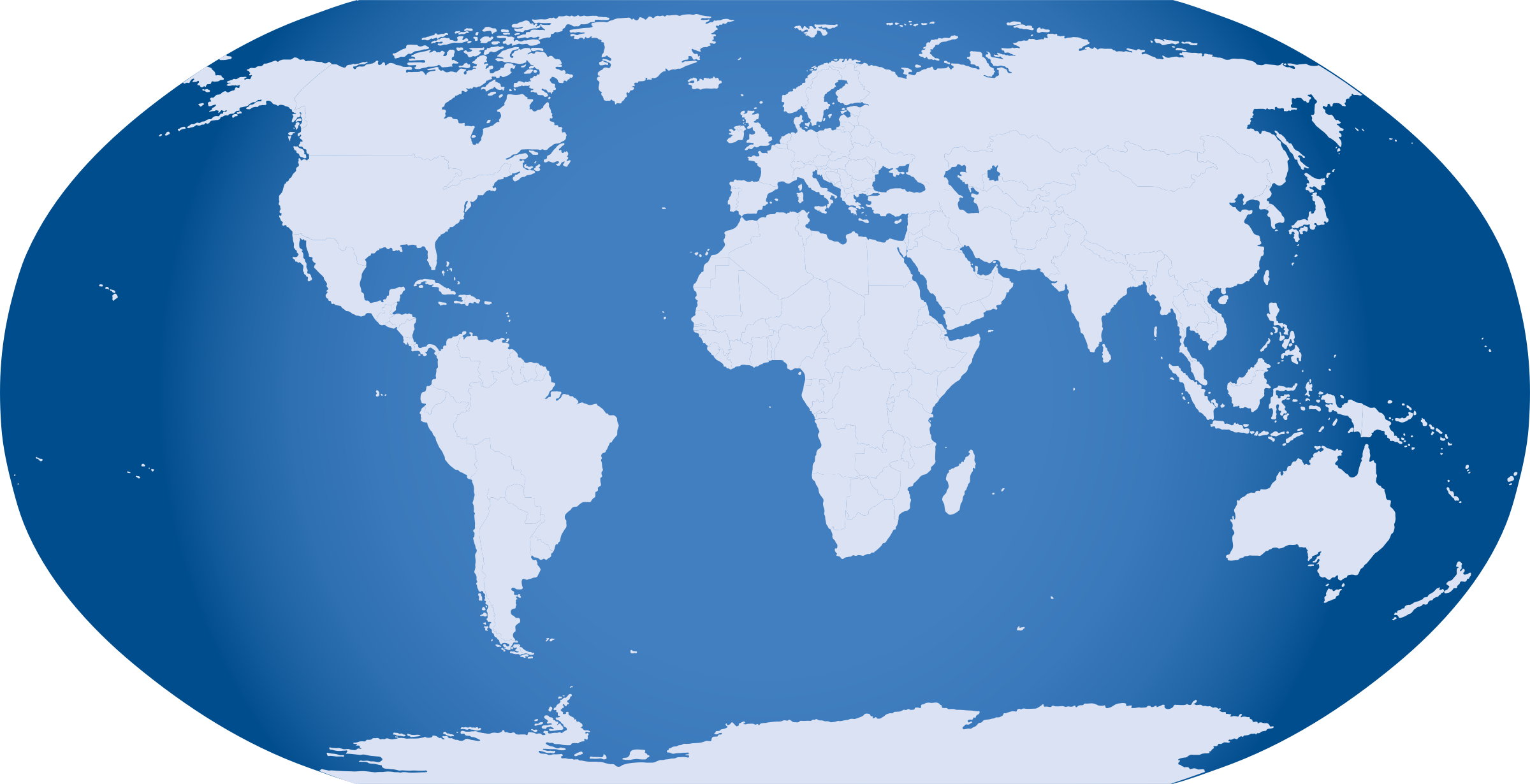World Food Day, observed on October 16 each year, serves as a poignant reminder of the critical need to eradicate extreme poverty and hunger across the globe. This day evokes a sense of urgency, compelling societies to reflect on their commitments to foster a world where sustenance is no longer a privilege but a basic human right. The Bahá’í teachings, with their intrinsic emphasis on unity and social justice, offer a unique perspective on this pressing issue, presenting a holistic approach towards the eradication of extreme poverty.
At the heart of Bahá’í philosophy is the profound belief that humanity is one, intertwined like the threads of a tapestry. Each individual, regardless of background, adds valuable color and texture to the human experience. Consequently, the Bahá’í teachings advocate for the elimination of barriers that perpetuate inequality, urging communities to confront the root causes of poverty. Just as a gardener tends to the soil to ensure vibrant growth, Bahá’ís advocate for cultivating societal conditions that nurture every individual’s potential.
One fundamental principle of the Bahá’í faith is the notion of the oneness of humanity. This idea resonates deeply with the call to action on World Food Day, emphasizing that the plight of one is the plight of all. In a world intricately connected by the fibers of our shared existence, the Bahá’í approach insists that alleviating hunger necessitates collective responsibility. It is an invitation to transcend the self and engage in a meaningful dialogue with those who suffer, garnering empathy and compassion as the driving forces behind our efforts.
In the pursuit of eradicating extreme poverty, an illuminating Bahá’í teaching posits that true wealth is found in service to others. This altruistic vision of prosperity elevates communal well-being above individual gain. Much like how a river nourishes its banks, Bahá’í teachings advocate for leveraging personal resources, whether they be material, intellectual, or spiritual, to uplift those in need. The transformative power of selfless service can ignite change, inspiring communities to tackle the structural inequities that perpetuate hunger and deprivation.
Furthermore, the Bahá’í faith underscores the necessity of education as a catalyst for change. In this regard, education is not merely the acquisition of knowledge; rather, it is the development of character and the cultivation of virtues. By equipping individuals with the tools to achieve self-reliance, education acts as a beacon of hope in the fight against poverty. The metaphor of education as a light illuminates the path toward sustainable development, allowing individuals to break the chains of poverty and embrace their potential. Engaging the minds and hearts of the youth today is paramount to ensuring a future free from hunger and deprivation.
As we reflect on the teachings of the Bahá’í faith within the context of World Food Day, we must also acknowledge the interconnectedness of environmental stewardship and the eradication of poverty. The Bahá’í perspective recognizes that social and environmental crises are interwoven. Just as an ecosystem thrives on diversity, a society flourishes when it embraces sustainable practices. The principles of moderation and responsible consumption championed by Bahá’í teachings not only contribute to environmental preservation but also establish a foundation for equitable resource distribution. In this light, sustainability emerges as both a moral imperative and a practical necessity in the quest to eradicate hunger.
In aligning personal and communal actions with Bahá’í principles, one comes to appreciate the concept of “the greater good,” which contrasts sharply with rampant individualism. The underlying message is clear: to alleviate extreme poverty, we must extend our vision beyond the confines of our own lives and foster interconnectedness through mindful actions. This communal ethos manifests in local initiatives aimed at food security, equitable resource allocation, and emphasizing the importance of local economies.
In tackling the multifaceted challenges posed by hunger and poverty, the Bahá’í approach embraces collaboration. Efforts to address these critical issues thrive in environments where diverse perspectives are nurtured and incorporated. By establishing partnerships among governments, civil society, and local communities, Bahá’í teachings advocate for a cooperative strategy that harnesses the strengths of all stakeholders. The metaphor of weaving a robust net illustrates the significance of collaboration; together, threads of diverse strengths create a support system, catching individuals in the community and allowing them to flourish.
In summary, World Food Day serves as a crucial juncture that compels individuals and communities to confront the harsh realities of extreme poverty and hunger. Bahá’í teachings provide a profound framework for tackling these issues, emphasizing the oneness of humanity, the transformative power of selfless service, the necessity of education, and the intertwining of environmental stewardship with social justice. As stewards of a more equitable world, individuals are called to reflect on their roles in this collective endeavor. Unity, empathy, and action must guide our efforts to eradicate hunger and pave the way for a prosperous future, where every individual can thrive – a testament to the fundamental belief in the worth and potential of every human being.
